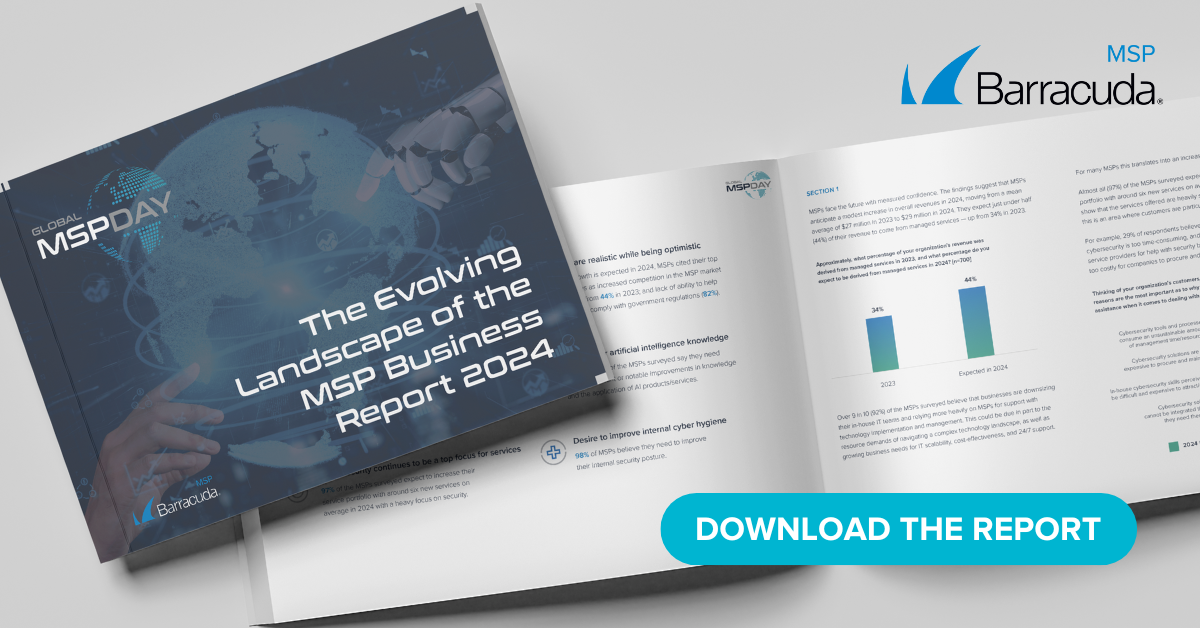 The latest public cloud services market report from International Data Corp. (IDC) finds that revenue grew 23 percent year over year to reach $545.8 billion in 2022.
The latest public cloud services market report from International Data Corp. (IDC) finds that revenue grew 23 percent year over year to reach $545.8 billion in 2022.
The bulk of those revenues were generated by software-as-a-service (SaaS) platforms (45 percent), followed by infrastructure-as-a-service (IaaS) platforms (21 percent). Platform-as-a-service (PaaS) environments and SaaS-system infrastructure (SaaS-SIS) software tied for third at 17 percent each.
Within the foundational cloud services consisting of IaaS, PaaS, and SaaS-SIS market as tracked by IDC, Amazon Web Services (AWS) continues to dominate with a 41 percent share, followed by Microsoft at 21 percent, Google (6 percent) and Alibaba (5 percent). However, the other cloud service providers collectively now account for a quarter of the market (25 percent), the IDC report notes.
Diverse IT environments are creating opportunities for MSPs
The IDC report makes it clear that IT environments are now more diverse than ever as smaller cloud service providers find ways to compete against larger rivals. It’s also worth noting that while cloud services are now generating more than $500 billion, the total amount of spending on IT globally is measured in trillions of dollars. By default, IT environments are hybrid. As such, IT environments are becoming more complex with each passing day in a way that creates increased demand for the expertise that managed service providers (MSPs) uniquely possess.
The issue is convincing more organizations that they are better off relying on an MSP rather than trying to manage all the inherent IT chaos themselves. Fortunately, more organizations are starting to embrace a platform engineering methodology for centralizing the management of hybrid IT environments around a single set of best DevOps workflows.
More space for MSPs to offer platform engineering services
One of the primary reasons IT management is a mess in the cloud era is that many organizations enabled individual developers to provision IT infrastructure without any meaningful supervision. That has led to a host of escalating cost and cybersecurity issues that organizations are trying to rein in by adopting a more disciplined approach to building and deploying applications. The challenge they all face is naturally creating an opportunity for MSPs to provide a managed platform engineering service.
Of course, many of those same organizations are somewhat twixt and between when it comes to embracing DevOps versus more structured approaches to managing IT based on an ITIL framework. The rise of platform engineering may create an opportunity to finally meld these two approaches in a way that enables organizations to benefit from the best of both.
It’s still early days regarding platform engineering, but it’s already apparent that hybrid cloud computing environments are forcing the issue. Savvy MSPs would be well-advised to embrace platform engineering to make themselves more relevant to IT leaders struggling to centralize IT management.
Of course, that may mean MSPs will need to modernize how they currently manage IT. After all, in this day and age, it’s impossible to preach about something with any credibility that an MSP in practice isn’t doing themselves.
Photo: Gorodenkoff / Shutterstock
